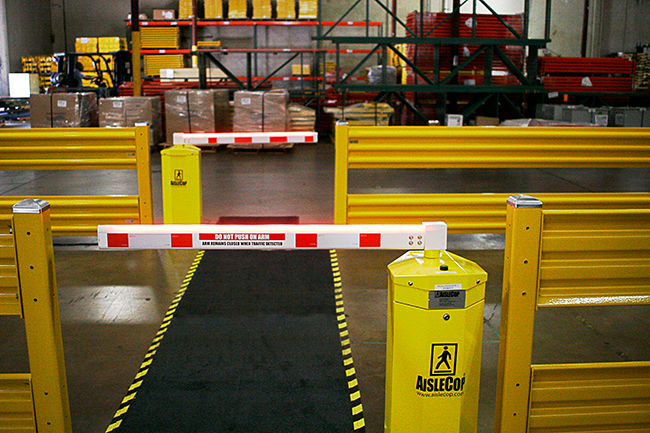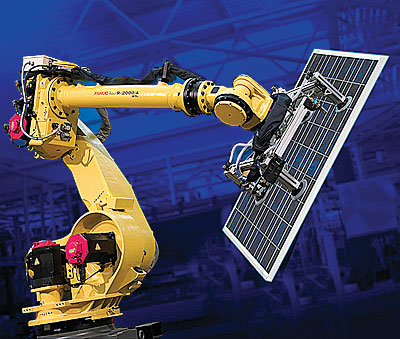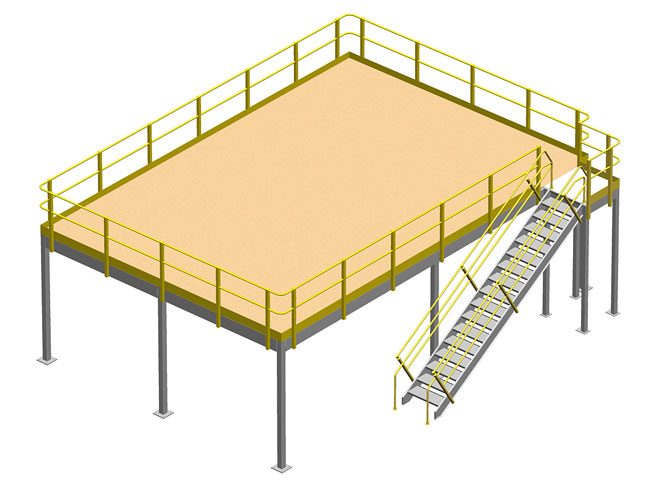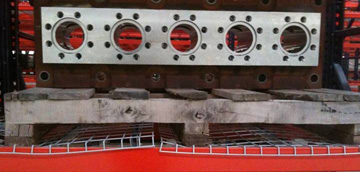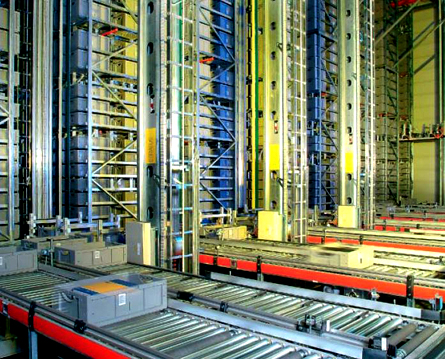
Earlier this year, Food Logistics published a provocative article, “Automate or Die”. Do you have to automate? Of course not. But it brings to mind a good question: where is the point of acceptable ROI for automation projects? When does it make sense? What aspects are potential pitfalls?
We’re inside warehouses, distribution centers, commercial operations, and manufacturing facilities every day. We don’t see full scale automation in all — or even most — of these operations. We’ve even seen some companies who have automated go back to picking with carts. We’ve seen others thrive due to their automated projects. The point is, you certainly won’t “die” if you don’t automate. But that doesn’t mean that you should not automate some or all aspects of your operation.
In some cases, we try to make the case that automation isn’t needed. In others, we try to help these companies understand when a capital investment in automation equipment and/or software will save money, increase productivity, reduce problems, and improve their business. It’s not something that you can do from a distance. It requires a command of the facts on the ground, in the servers, and throughout the supply chain.
So, the question is, why automate?
Read the rest of this entry »
